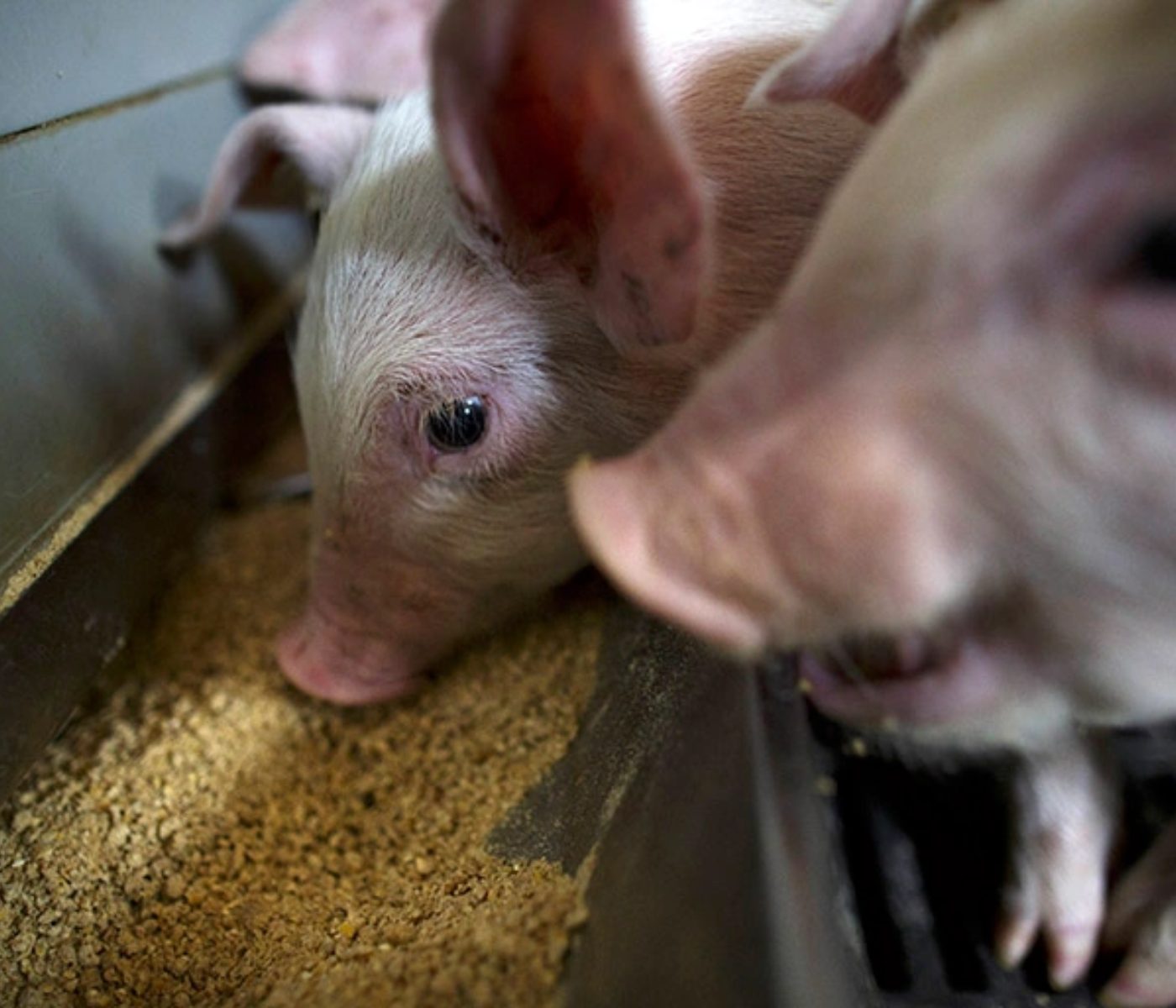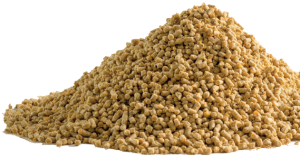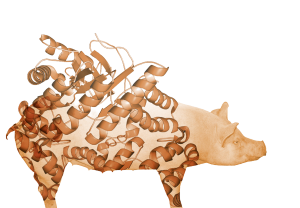 23 Mar 2024
23 Mar 2024
Unlocking the Potential of Canola Meal: Enhancing Livestock Nutrition with Xylanase Supplementation
Unleashing Canola Meal’s Potential
Canola meal (CM) stands as the second most abundant protein source globally, rivaled only by soybean meal (SBM). With Canadian canola seed production soaring in recent years, CM  availability has surged, yet its full potential remains untapped. Despite global efforts to boost protein content and diminish fiber, challenges persist. Nevertheless, the quest for alternative protein sources has spurred interest in exploring novel processing techniques for canola.
availability has surged, yet its full potential remains untapped. Despite global efforts to boost protein content and diminish fiber, challenges persist. Nevertheless, the quest for alternative protein sources has spurred interest in exploring novel processing techniques for canola.
Enzymatic Breakthroughs: The Role of Xylanase
 Research endeavors, spanning from France to Canada and Norway, have delved into dehulling canola, unveiling promising outcomes, including enhanced nutrient digestibility. Notably, studies have shown that xylanase supplementation significantly improves fiber digestibility and growth performance in poultry and swine. These findings underscore the transformative potential of enzymatic interventions in livestock nutrition.
Research endeavors, spanning from France to Canada and Norway, have delved into dehulling canola, unveiling promising outcomes, including enhanced nutrient digestibility. Notably, studies have shown that xylanase supplementation significantly improves fiber digestibility and growth performance in poultry and swine. These findings underscore the transformative potential of enzymatic interventions in livestock nutrition.
Study Design: Unraveling the Impact of Xylanase
A comprehensive study was undertaken to elucidate the effects of xylanase supplementation in wheat-based diets enriched with CM fractions on weaned pigs. Key parameters investigated included growth performance, nutrient digestibility, organ weight, pH levels in digesta, and short-chain fatty acid (SCFA) concentration.
Insights and Discoveries: Unveiling the Effects of Xylanase
 Findings revealed that xylanase supplementation exerted a significant influence on protein digestibility, enhancing apparent total tract digestibility (ATTD) of neutral detergent fiber (NDF). Moreover, xylanase altered pH levels in both ileal and colonic digesta, indicating potential shifts in microbial fermentation dynamics. Interestingly, while growth performance remained unaffected, organ weights, particularly of the liver and spleen, were impacted, suggesting immune modulation effects.
Findings revealed that xylanase supplementation exerted a significant influence on protein digestibility, enhancing apparent total tract digestibility (ATTD) of neutral detergent fiber (NDF). Moreover, xylanase altered pH levels in both ileal and colonic digesta, indicating potential shifts in microbial fermentation dynamics. Interestingly, while growth performance remained unaffected, organ weights, particularly of the liver and spleen, were impacted, suggesting immune modulation effects.
Implications and Future Directions: Harnessing Canola Meal’s Potential
Xylanase supplementation emerges as a promising strategy to unlock the nutritional value of CM in livestock diets. By enhancing nutrient digestibility and modulating microbial fermentation, xylanase offers a pathway to optimize dietary formulations for improved animal performance. However, further research is warranted to elucidate underlying mechanisms and refine supplementation strategies. Ultimately, understanding the intricate interplay between protein sources, enzyme interventions, and animal physiology holds the key to unleashing the full potential of canola meal in livestock nutrition.
You may also like to read: “Enhancing Sow and Piglet Health with 25-OH-D3 Supplementation”

Subscribe now to the technical magazine of animal nutrition
AUTHORS

Nutritional Interventions to Improve Fertility in Male Broiler Breeders
Edgar Oviedo
The Use of Organic Acids in Poultry: A Natural Path to Health and Productivity
M. Naeem
Synergistic Benefits of Prebiotics and Probiotics in Poultry, Swine, and Cattle
Gustavo Adolfo Quintana-Ospina
Hybrid Rye Potential in Laying Hen Feed Rations
Gwendolyn Jones
A day in the life of phosphorus in pigs: Part I
Rafael Duran Giménez-Rico
Use of enzymes in diets for ruminants
Braulio de la Calle Campos
Minerals and Hoof Health in the Pregnant Sow
Juan Gabriel Espino
Impact of Oxidized Fats on Swine Reproduction and Offspring
Maria Alejandra Perez Alvarado